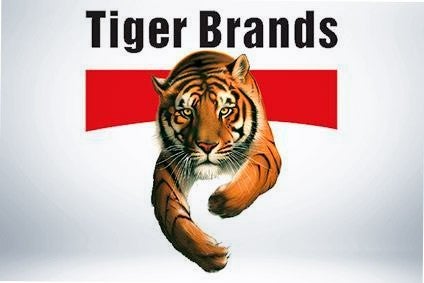
South Africa-based food company Tiger Brands has launched a review of its value-added meat products division following a listeria outbreak last year linked to its subsidiary Enterprise Foods.
The company issued a product recall for its polony chilled-meat products in March last year and suspended production at a factory owned by Enterprise Foods in Polokwane following the identification of the ST6 listeria strain. As a precautionary measure, it also stopped production at another site in Germiston. The outbreak caused a couple of hundred deaths, with many more affected.

Discover B2B Marketing That Performs
Combine business intelligence and editorial excellence to reach engaged professionals across 36 leading media platforms.
Separately, Tiger Brands said it closed its loss-making Deli Foods business in Nigeria last month following the approval of its board of directors.
In a statement today (8 November), Tiger Brands said it launched a strategic review of the value-added meat business (VAMP) in 2017 due to the “perishable nature of its underlying products” but that was interrupted by the listeria outbreak.
“The unfortunate events of 2018, which led to the temporary closure of the manufacturing facilities, delayed this evaluation,” the statement read. “With the business having re-opened at the beginning of the 2019 financial year, the board considered it appropriate to initiate the review, which confirmed that the VAMP business was not an ideal fit within the Tiger Brands portfolio and that consideration be given to exiting the category by way of a disposal.”
Tiger Brands said it had received “several indicative” offers for VAMP and has now rolled out an official due diligence process, with all disposal options to be evaluated.

US Tariffs are shifting - will you react or anticipate?
Don’t let policy changes catch you off guard. Stay proactive with real-time data and expert analysis.
By GlobalDataHowever, the company stressed the decision is not linked to a class action lawsuit connected with the listeria deaths.
The same statement added following a review of the Deli Foods business and continued losses, Tiger Brands opted to close the operation on 22 October, with the “formalities” of that decision expected to be completed within the next few months.
“The impact of the closure of Deli Foods on Tiger Brands’ net asset value and headline earnings per share is not material,” it noted.
The disposal of Deli Foods, and the pending sale of Enterprise Foods, follows a decision by Tiger Brands to offload part of its stake in local seafood business Oceana Group early this year to private-equity investor Brimstone Investment Corp. In 2018, it also sold its 51% holding in Haco Tiger Brands to Kenyan multi-millionaire Chris Kirubi.





